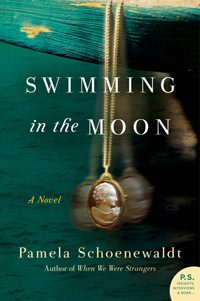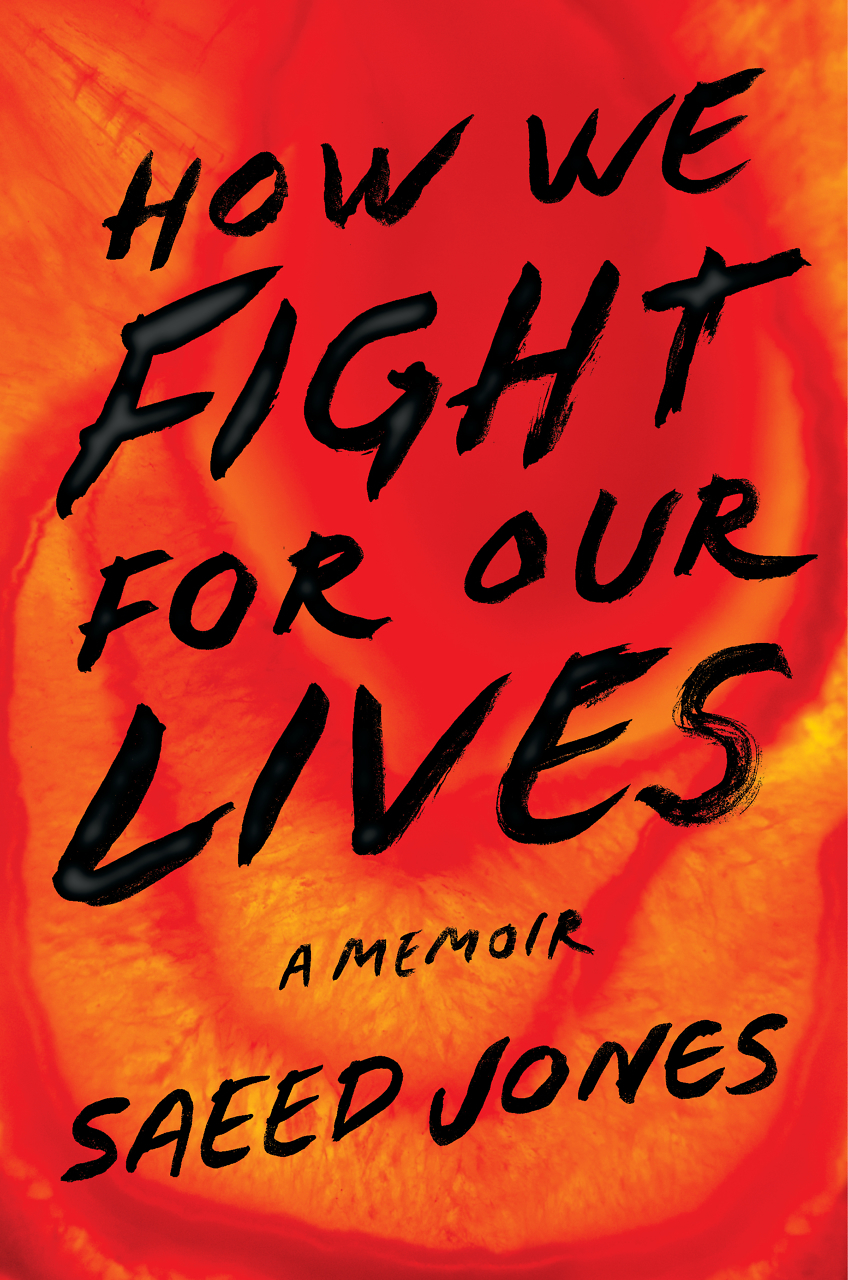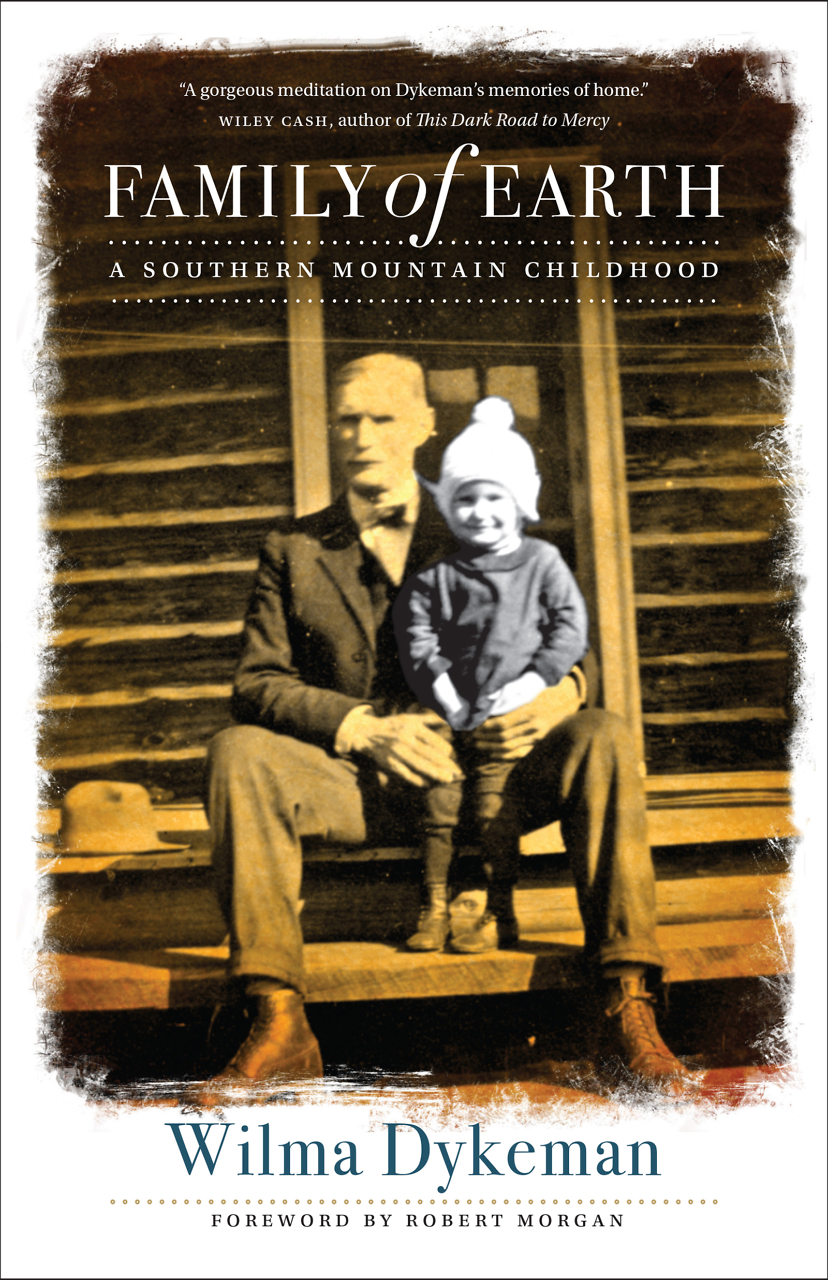A Daughter’s Dreams
Novelist Pamela Schoenewaldt explores the difficulties and promises for a young girl and her troubled mother in a new country
In novels about the immigrant experience, a writer is expected to convey the hardships of language, economics, and prejudice faced by characters in their new country, but it’s equally important—though much more rare—to render those troubles in the context of ordinary life. Knoxvillian Pamela Schoenewaldt understands that immigrants are more than the immigrant experience. The characters in her new historical novel, Swimming in the Moon, also face the kinds of demons, such as mental illness, that can devastate anyone.
 As in Schoenewaldt’s first novel, When We Were Strangers, Swimming in the Moon examines the adversities and victories of the European immigrants who came to America for a better life during the late-nineteenth and early-twentieth centuries. This time the story focuses on the struggles of workers to form unions and fight for better wages and safer workplaces. But the heart of the novel is the relationship between an unstable mother and her teenaged daughter.
As in Schoenewaldt’s first novel, When We Were Strangers, Swimming in the Moon examines the adversities and victories of the European immigrants who came to America for a better life during the late-nineteenth and early-twentieth centuries. This time the story focuses on the struggles of workers to form unions and fight for better wages and safer workplaces. But the heart of the novel is the relationship between an unstable mother and her teenaged daughter.
As the story opens, Lucia and her mother are servants in a beautiful villa in Naples. The work is hard but not without compensation for fourteen-year-old Lucia. She often reads to the countess in the afternoons to soothe the woman’s headaches. She loves swimming with her mother in the bay at night. Only fourteen years older than her daughter, Teresa is a talented singer, but she also suffers from severe mood swings that make her prone to anger and violence—a tendency that eventually forces them from the villa.
Hoping for a new start in America, they move to Cleveland, where Lucia enrolls in school and works to learn English. Naturally bright and hard working, she dreams of going to college, even as her friends tell her to “find a fellow” or to consider factory work. When an unexpected opportunity arises for Teresa, Lucia’s hopes seem on the verge of becoming realized—until her mother’s condition takes a violent turn: “Her balled fist, whipping full and hard into my stomach, slammed me into the wall. When I struggled to my feet, she was a statue again, as if I’d conjured the blow. Panting, I realized my folly. I needed a doctor, a guide and interpreter of the mind’s underworld, the inferno my mother had entered. I left the room, locking the door behind me. Now I was her jailer. No, no, I was only protecting her until the storm passed away. It must pass away. How could she stay like this, like a lunatic, a madwoman?”
 Part of the appeal of historical fiction is that it puts a human face on events and allows readers to experience them almost as participants. Schoenewaldt weaves the personal and public together so that the book never reads like a history lesson. Readers feel the excitement of vaudeville and the fear of the picket line. Most affectingly, they experience the horror of the fire in the Triangle Shirtwaist Factory: “Witnesses on the street had thought owners … were throwing bolts of burning fabric out the window until they realized in horror that the ‘bolts’ were jumping girls. Nineteen bodies were found melted against a locked door. All the victims had been working overtime; their miserable wages could not support decent life in New York City. Brave men made a bridge of their bodies from an eighth-floor window to another in the next building. A few girls safely crossed before the ‘bridge’ broke and all fell to their deaths.”
Part of the appeal of historical fiction is that it puts a human face on events and allows readers to experience them almost as participants. Schoenewaldt weaves the personal and public together so that the book never reads like a history lesson. Readers feel the excitement of vaudeville and the fear of the picket line. Most affectingly, they experience the horror of the fire in the Triangle Shirtwaist Factory: “Witnesses on the street had thought owners … were throwing bolts of burning fabric out the window until they realized in horror that the ‘bolts’ were jumping girls. Nineteen bodies were found melted against a locked door. All the victims had been working overtime; their miserable wages could not support decent life in New York City. Brave men made a bridge of their bodies from an eighth-floor window to another in the next building. A few girls safely crossed before the ‘bridge’ broke and all fell to their deaths.”
Still, Lucia’s unique experience is the emotional center of this novel, and Schoenewaldt movingly conveys Lucia’s frustration with her mother, her guilt at feeling frustrated, and her jealousy when Teresa seems to respond better to someone else. The story takes place in Cleveland, where employers prey upon the immigrants’ insularity, paying one group less than another and making each group an enemy to others. Lucia is attracted to Henryk, but his family expects him to choose a Jewish wife. When he announces his engagement, Lucia’s friend Lula sums up the situation: “So you love him and you can’t have him. You want your mamma to be well so you can go live your life, but you can’t have that either.”
Schoenewaldt does not shy from the difficulties, even brutalities, that Lucia faces: illness, death, mental hospitals, even jail. But the novel is ultimately hopeful, suggesting that there are many paths to fulfillment and happiness, including some that take us by complete surprise.
Pamela Schoenewaldt will discuss Swimming in the Moon at theLaurel Theater in Knoxville on September 5, 2013, at 7 p.m.; at the twenty-fifth annual Southern Festival of Books, held in Nashville October 11-13, 2013; and at several other events around the state. For a complete list, please visit Schoenewaldt’s website.


